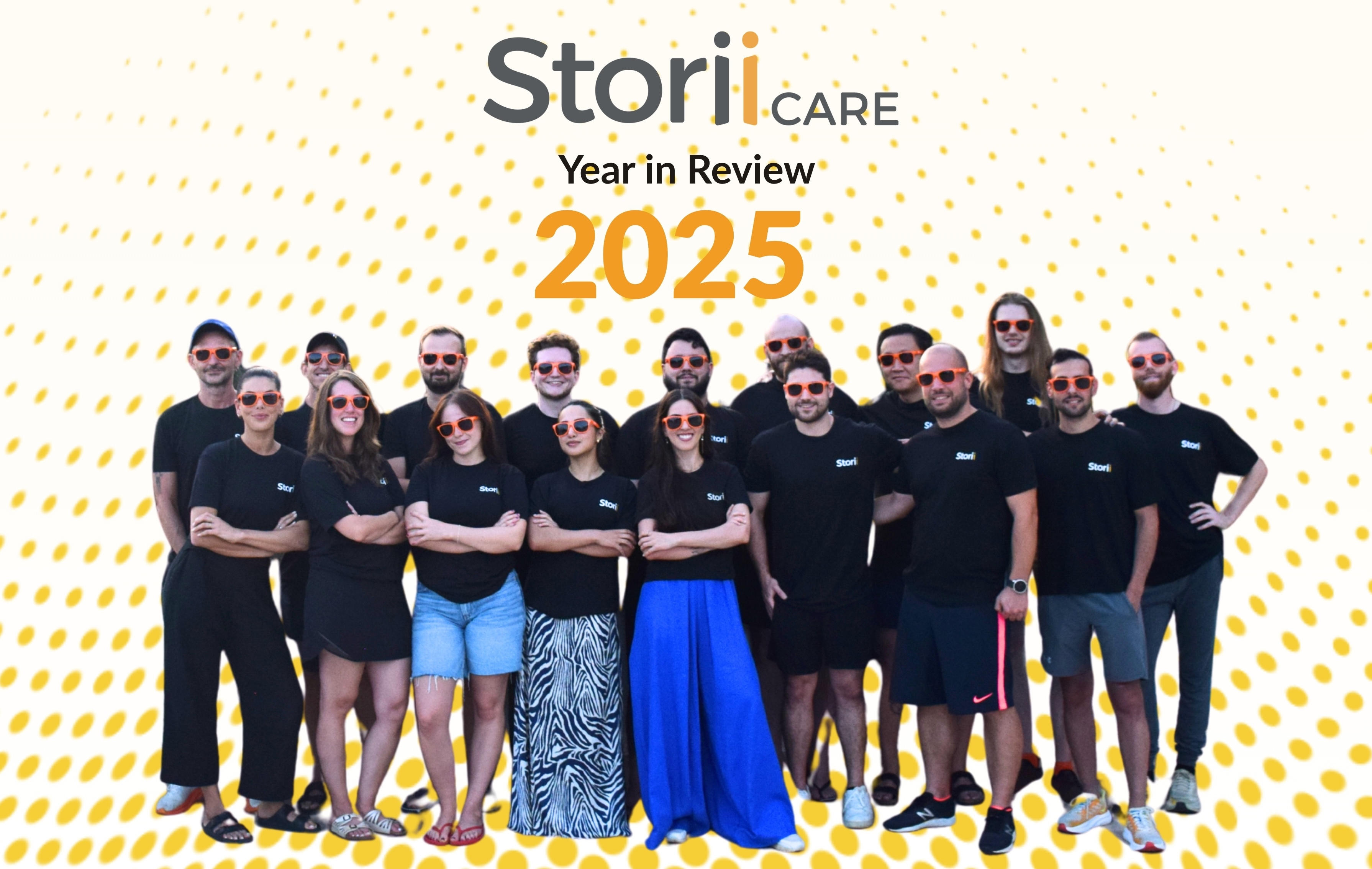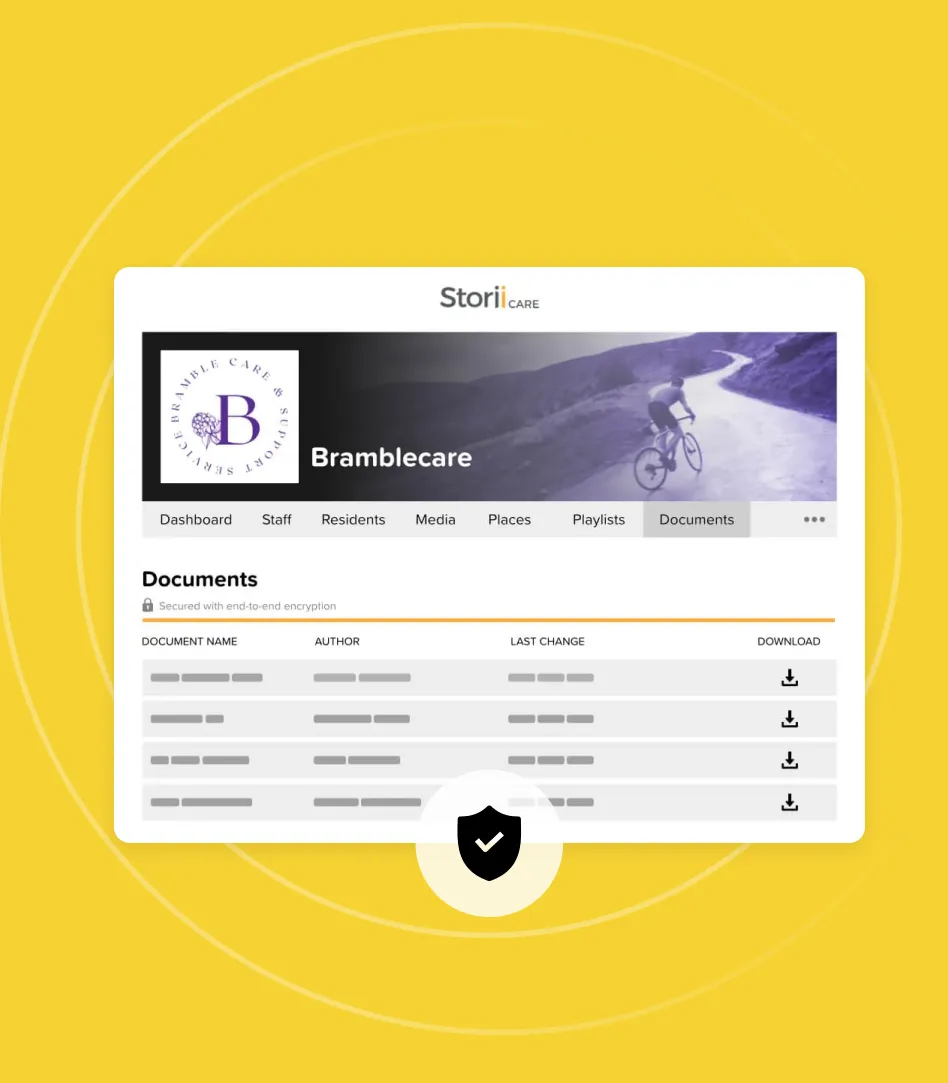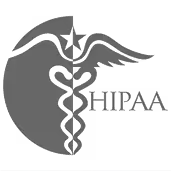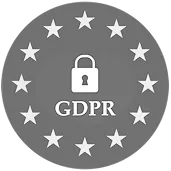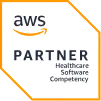Planejamento eletrônico de cuidados para prestadores de cuidados de saúde a idosos
A mudança de um sistema baseado em papel para o planejamento eletrônico de cuidados é uma transição significativa para um vida assistida ou casa de repouso comunidade. Além do investimento financeiro, Gestão de residências para idosos deve considerar o tempo necessário para treinar a equipe de atendimento e converter registros.
Qualquer pessoa que trabalhe em uma comunidade de cuidados a idosos sabe que realizar suas tarefas diárias é um desafio grande o suficiente, sem aumentar sua carga de trabalho. Além disso, a mudança na forma como o gerenciamento de cuidados é realizado é uma disrupção e envolve muitas partes móveis.
O problema é que você não pode ter o ROI sem o 'I'. Vale a pena enfrentar os desafios. Depois que sua comunidade de idosos fizer a transição para o planejamento eletrônico de cuidados, o os retornos sobre o investimento são muitos! Nossos clientes dizem que os aumentos de produtividade costumam ser o primeiro sinal de mudança positiva.
Aqui estão algumas das melhorias de fluxo de trabalho mais comuns observadas na transição para registros eletrônicos de saúde:
Comunicação com famílias residentes
O software eletrônico de gerenciamento de cuidados economiza tempo da equipe ao se comunicar com as famílias. As famílias podem fazer login em suas próprias contas, onde podem ver:
- Atividades em que seu ente querido participou
- Fotos, vídeos ou gravações de voz de seu ente querido enviados pela equipe de atendimento
- Notas e mensagens da equipe
Ao evidenciar o cuidado dessa forma, pode proporcionar tranquilidade aos familiares. Além disso, pode responder perguntas ou preocupações, economizando tempo dos funcionários.
Além disso, um EHR permite que a equipe acesse rapidamente o plano de cuidados e o histórico médico de um residente com apenas alguns cliques. Isso pode tornar o atendimento de chamadas familiares menos estressante. Por sua vez, isso cria um relacionamento de confiança com as famílias e aumenta a satisfação. Essa satisfação pode levar ao aumento da ocupação, estadias e avaliações dos usuários do serviço.
Relatórios de análise
Os relatórios são extremamente importantes, mas, infelizmente, são subutilizados. Em parte, isso se deve ao quão demorado pode ser. Os EHRs são cruciais para a geração de relatórios. Isso economiza tempo quando você não precisa transferir dados do papel para um computador no final de um turno. No entanto, o maior benefício é que os relatórios são gerados automaticamente. Você pode rastrear facilmente os dados mais importantes para sua comunidade de idosos, imprimir ou exportar relatórios e até mesmo configurá-los para enviar análises por e-mail em um intervalo de sua escolha. Algumas das coisas sobre as quais você pode ver as análises incluem:
- Nº de atividades oferecidas
- tipos de atividades oferecidas
- demografia de residentes
- participação de residentes
- tendências
- acidentes registrados
- ações da equipe
Agendamento de tarefas
A equipe pode criar, atribuir e programar tarefas para literalmente qualquer coisa. Quando os funcionários chegam ao trabalho, eles se conectam e veem exatamente pelo que são responsáveis. Isso aumenta a responsabilidade, pois a gerência pode ver quando as tarefas estão sendo perdidas e pode acompanhar. Em vez de a documentação acontecer às pressas no final de um turno ou durante a pausa para o almoço de alguém, ela pode ser rapidamente digitada ou verificada como concluída em um sistema de gerenciamento de cuidados.
Colaboração no planejamento eletrônico de cuidados
Normalmente, o atendimento ao residente requer o envolvimento de várias partes. Um CNA, nutricionista, fisioterapeuta e coordenador de atividades podem estar colaborando no cuidado de um residente ao mesmo tempo. Um cuidado eficaz não é possível sem uma excelente comunicação entre esses profissionais.
Com um software eletrônico de planejamento de cuidados, a comunicação entre várias partes envolvidas no cuidado de alguém melhora instantaneamente. Com um EHR, a capacidade de compartilhar informações importantes e colaborar no plano de cuidados de um residente é simples. Tudo acontece em um único espaço e todos têm acesso às atualizações ao vivo. Isso significa que todos estão na mesma página sobre as mudanças nas necessidades e condições atuais de um residente.


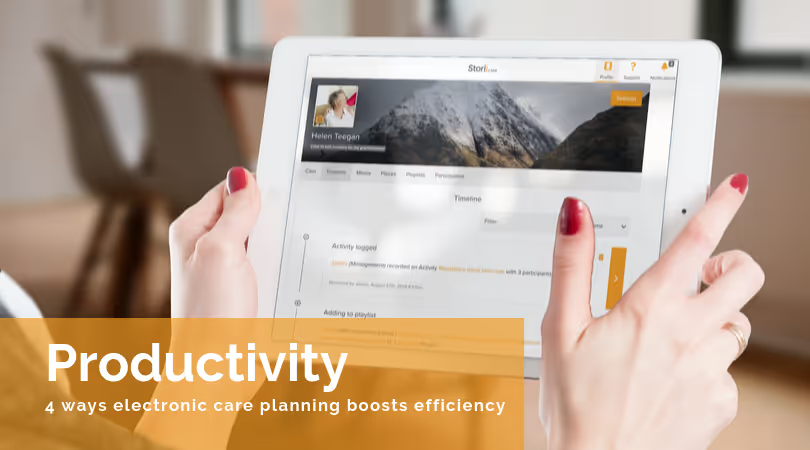
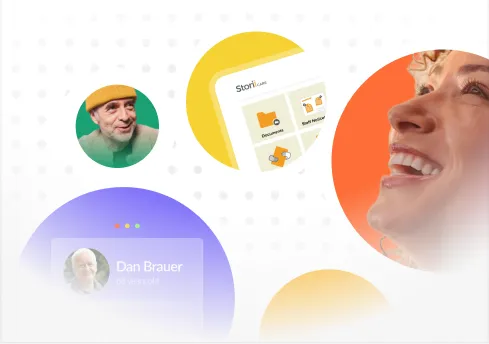
.png)
.png)
